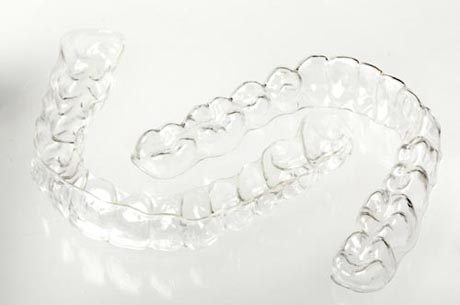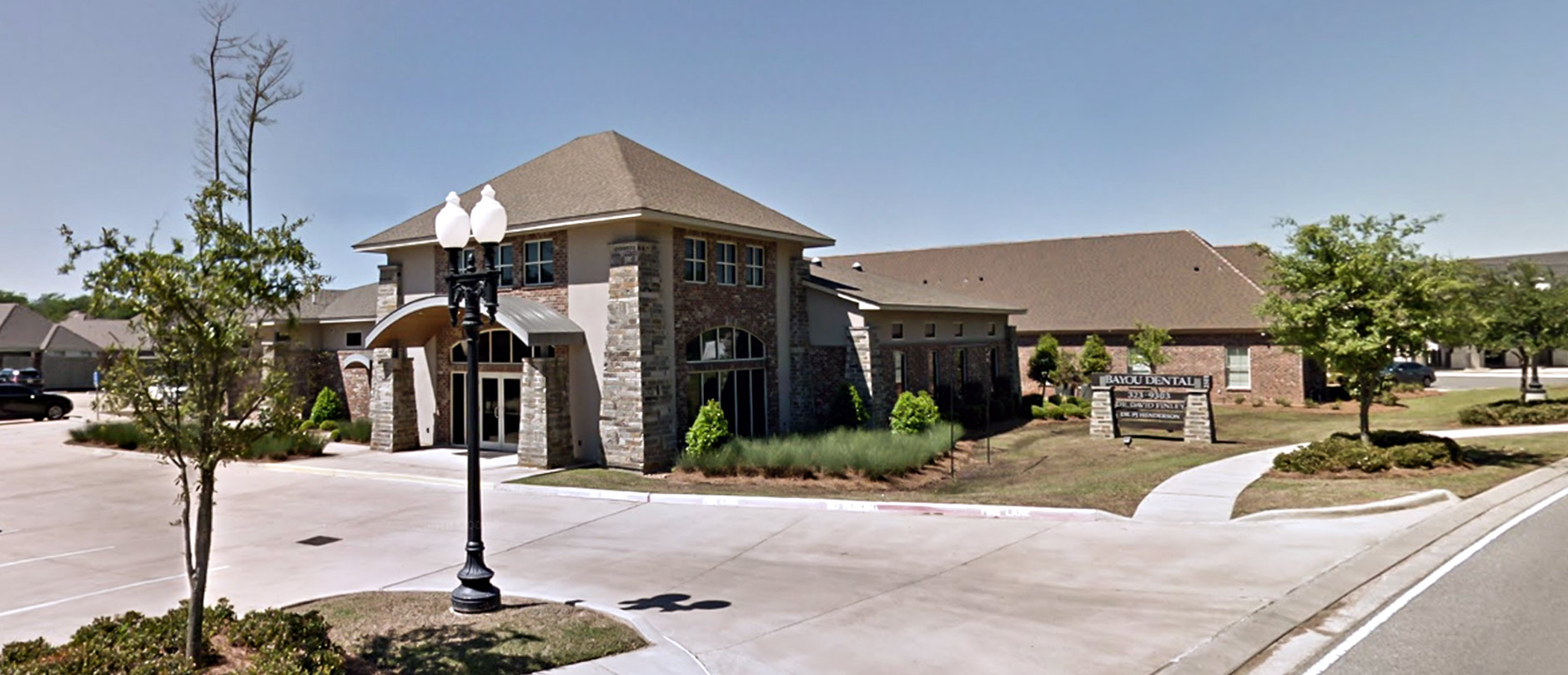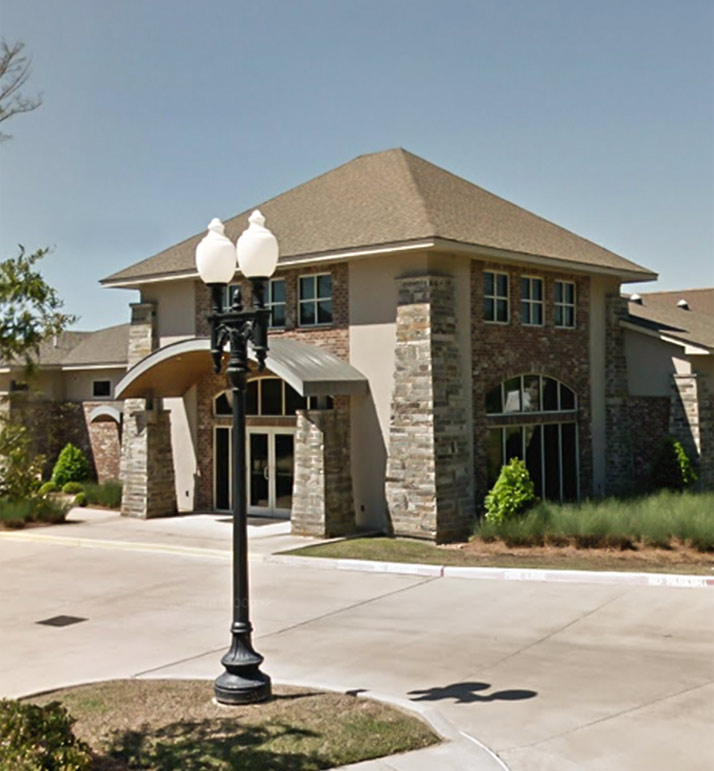I was supposed to start Invisalign in mid-May, but my dentist delayed it because of some lingering crown pain. In February, she removed the decay and placed crowns on three bottom left molar teeth. One of the teeth has intense pain if I chew anything crunch. My dentist shaved the tooth twice. Now she says that the way I chew must be causing the pain. But I did not have the problem before she placed the crowns. She will not proceed with Invisalign while I have tooth pain, but she cannot seem to figure out what is causing it. Now she says that may I need to wear a night guard for teeth grinding. I understand her concern, but if she is just guessing and cannot identify the problem, I will have to find a new dentist. I’m trying to chew on the right-hand side of my mouth to prevent the pain. Can you tell me what could be causing the intense pain? Troy from KY
Troy,
Thank you for contacting our office.
Dr. Finley would need to examine your teeth and crowns for an accurate diagnosis. But we can explain two common reasons that a new crown can hurt when you chew.
Pain When Chewing on a New Crown
When you feel pain when chewing on a new crown, the bite might be too high, or you may have a tooth infection.
Your bite with a new crown is too high
If your bite is too high, the opposite teeth (upper, in your case) hit it first and harder than your other teeth. The repeated action increases sensitivity in the tooth. As a result, your dentist must adjust the biting surface of your crown. But if your dentist adjusted your bite twice, it is unlikely that your crown is too high.
Tooth infection beneath a new crown
If your tooth is infected, inflammation of the ligament that connects your tooth and jawbone can cause sensitivity. And the sensitivity increases when you bite or chew on the tooth. It can even cause a persistent toothache. So your dentist should x-ray the tooth and look for signs of infection. A tooth infection will require root canal treatment—which you may have already had on the tooth. But repeat root canal treatment might be necessary.
Do You Need to See a Specialist?

Begin Invisalign after your teeth are healthy
You might benefit from an endodontist’s (root canal specialist) opinion. You can ask your dentist to take the x-ray or refer you to a specialist.
We recommend a specialist for accurate diagnosis and treatment. If your dentist cannot identify the cause of your tooth pain, it will further delay your Invisalign treatment.
David Finley, DDS, a Monroe, LA accredited cosmetic dentist and Fellow of the Academy of General Dentistry, sponsors this post.





